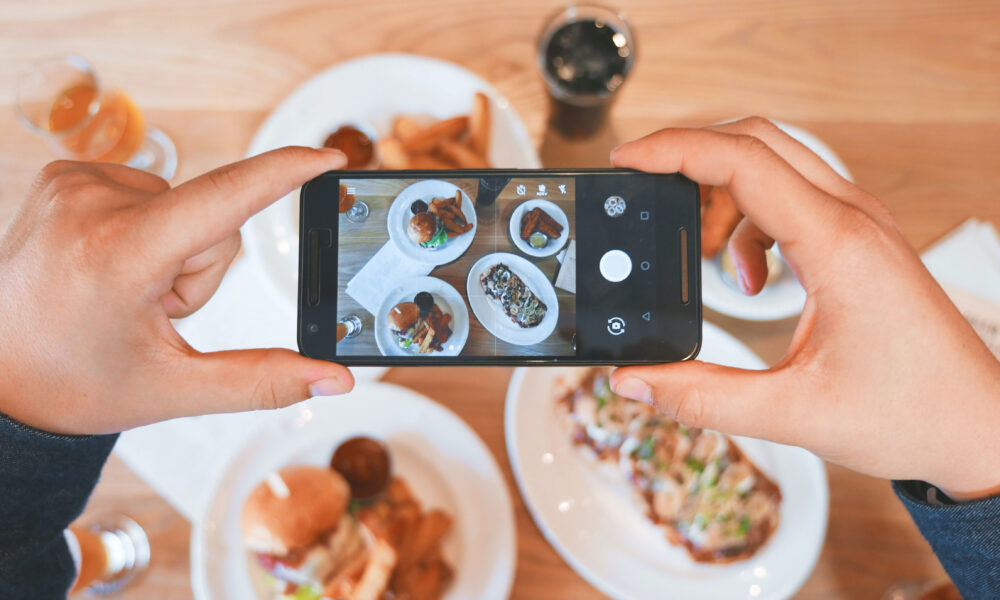Photographs serve as timeless reminders of our lives and permanent homes for our precious memories. Without them, recollections fade unnoticed; so we snap pictures through joy and sorrow, to create a visual record of our journey through life. As cameras embedded in our cellphones have become an omnipresent part of our daily routines, the excessive capture of countless photos has damaged our ability to retain that journey at all. When we take pictures, we are transferring the duty of remembering what really happened to an external device. This proliferation of photographic documentation threatens to reshape the foundation of our memories. If these patterns continue, we risk compromising the way we recall life experiences, particularly during pivotal stages of life such as university years.
Our generation is the first one to have the unique privilege of documenting its own youth digitally. No longer solely relying on oral stories from elders; now, intergenerational groups can effortlessly share thousands of pictures capturing real, lived experiences. As university students, the urge to capture every second through the various photo-focused apps on our phones can be overwhelming and almost irresistible in face of the desire for mementos that will be cherished for years to come. But equally pressing is the longing to have real, tangible memories of what being a student at McGill has felt like.
While there’s no harm in snapping a photo of friends enjoying a sunny day outside Redpath, taking 20 more during the same hour might be excessive. Curating a small, meaningful collection of photos holds its own unique beauty.
Take a cherished photo of your grandparents, for example. A faded, yellowing polaroid of a smiling face, such a gift because there is only one like it. We imbue these images with significance and value specifically because they are rare and precious. Now imagine what your children will see of your life: Thousands upon thousands of selfies and TikToks, every stage of your adolescence documented in gnarly detail, every piece of documentation made more derivative by the sheer quantity of the rest.
For those who find this argument too sentimental, you can direct your attention to a more immediate and significant concern: The actual remoulding of our memories under the influence of photography. Have you ever attempted to recall an event from a few weeks or months back, and turned to your camera roll to recreate it in your mind? But what happens when, instead of recalling a beautiful experience as it happened, we can only grasp it through the pictures we took of it?
This might seem far-fetched, but our phones are one step ahead of us, employing vocabulary that ontologically relates photographs to our process of memory retention. Photos saved on Snapchat are called “memories,” and the platform notifies users of daily “flashbacks” from their camera roll, serving as reminders of past events. This vocabulary may seem harmless, but with so many lives lived through phone screens, what is there to separate a real memory from one crafted for you by an app?
Research from Yale University indicates that documenting experiences via photography can enhance one’s connection to them by encouraging deeper immersion in the moment. Yet, the smartphone era’s photo abundance risks diluting authenticity as constant picture-taking prioritizes quantity over genuine immersion, potentially compromising the memories formed.
While using a camera as a visual diary is a helpful documentarian practice, it is inevitable that this culture of digital recording will pervade our psychology. Moving through the day with phone in hand, ready to mindlessly snap photos of anything, might seem beneficial to later recollection, but it will only cause harm to our memories in the long run. There is a saying about taking pictures of your food in restaurants: “The phone eats first.” When reflecting on a life documented through the lens of a camera, it may well be that the phone remembers first too.








